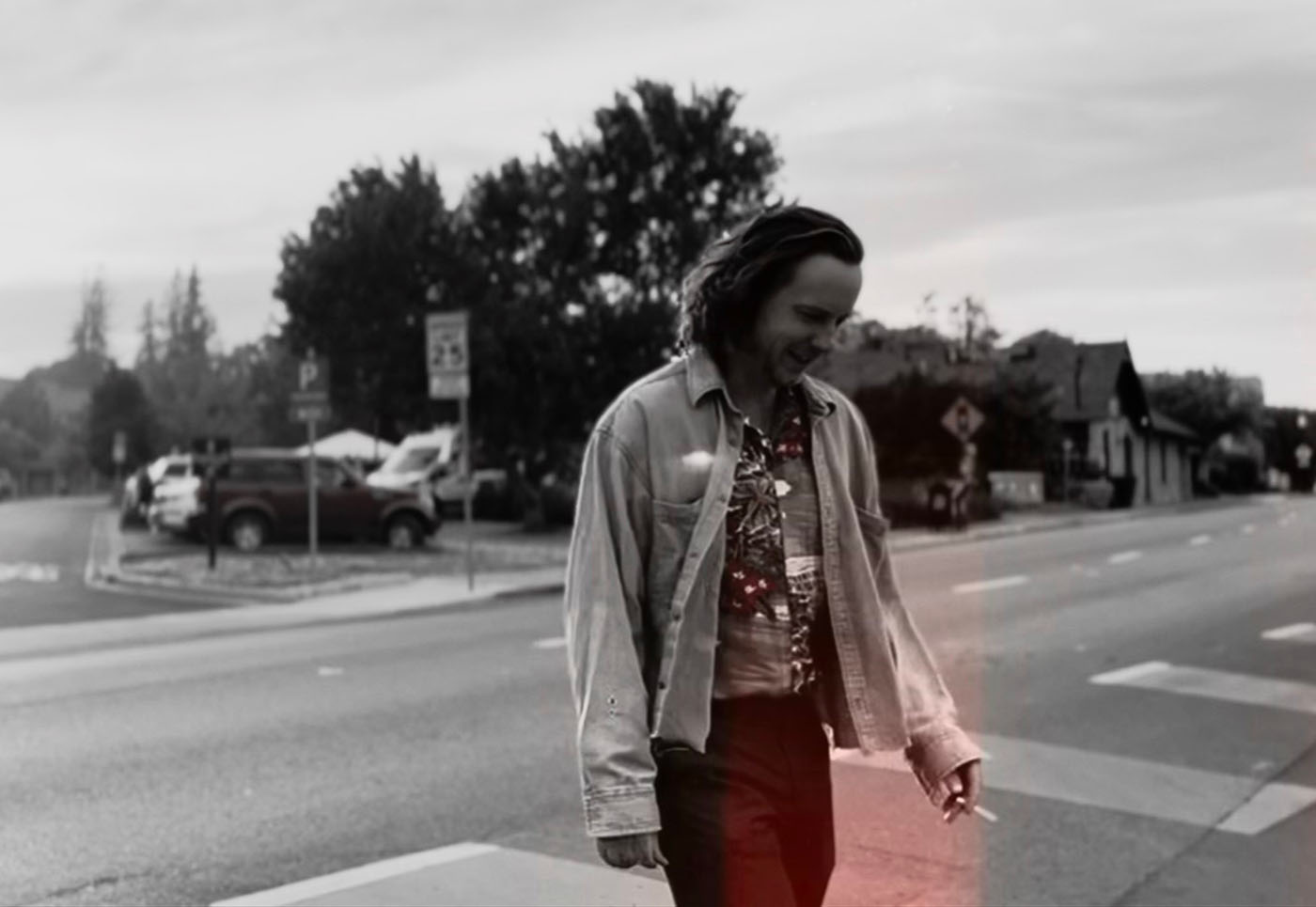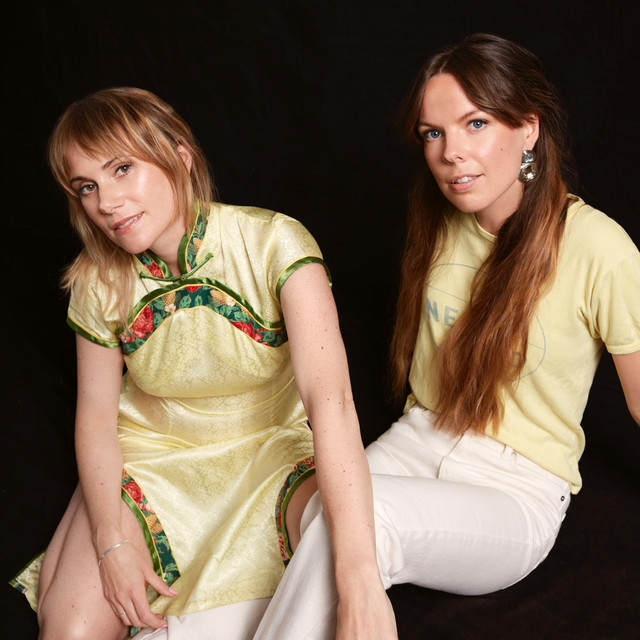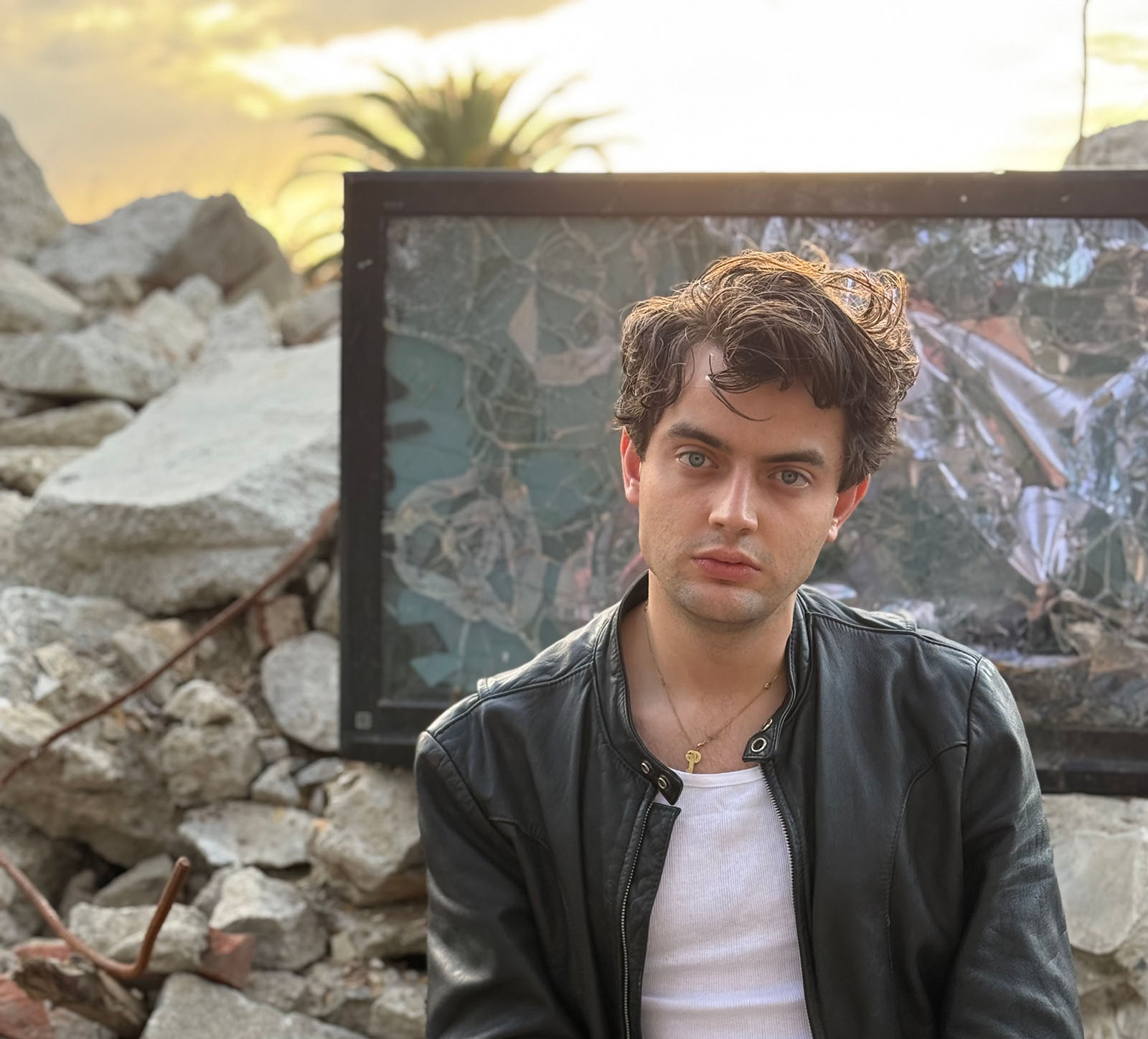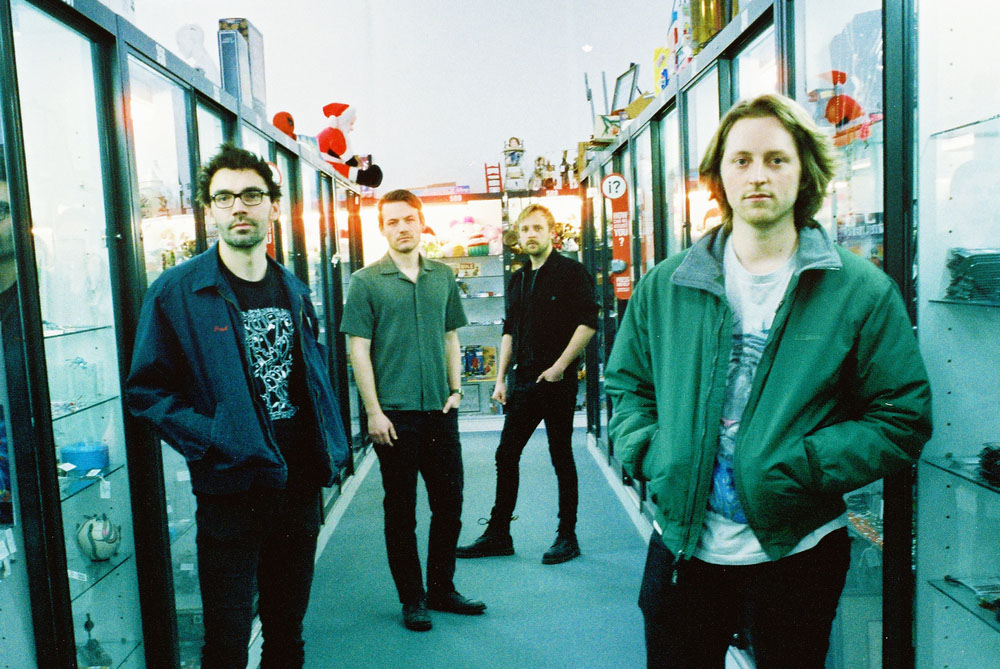Community

Christopher Chinchilla

5

Everyone knew Michelina had a larger part to play, except Michelina. We convened on the old rundown motel that golden afternoon, when the sun was warm and its light bit through the trees. We came in a cattle car Jeremy had acquired. We left behind our old things—our cars, our jobs, our families—and poured out into the cracked parking lot of paradise. Michelina rode with us, gazing up through the car’s high thin window, her lithe fingers resting on the rusted bars like butterflies on branches, the wind in her hair, her milky face gilt in sunlight.
By evening we had seeped into the abandoned motel, finding among its rooms tattered beds and bug-eaten wood. Orange and purple twilight ravaged the window shards strewn about the carpet. In the bits of blazing glass we saw all our shattered souls. We had come in pieces. Here we’d find wholeness. We settled into the rooms, and none of the rooms were anyone’s. Tonight they were divided. By tomorrow they’d be united. The evening sucked us into chilled sleep.
When we woke, Jeremy had for us tools that made communities. They had come in the night and somehow we had not heard. The morning’s sun, more boldly golden than yesterday, spilled into the cracks of the parking lot and the pile of rusted sledgehammers, saws, and shovels before us. We crawled over it carefully. In minutes everyone held something. Michelina hoisted a sledgehammer beyond her means, and we quickly exchanged it for a shovel. Jeremy, at the foot of the cattle car, watched.
By that second evening we had barreled through the walls separating the motel rooms. We knew a bit about support beams and we left standing the studs which would maintain the structure. It unsettled some to see them standing so singularly. We had those unsettled among us step back and observe all the studs stretching from one end of the motel to the other, and often we uttered a variation on, “See the forest, not the trees.”
We cleared debris from the rooms and we removed the closet and restroom doors and the onerous shower curtains. Jeremy insisted we leave up the closet and restroom walls to serve as storage space as our community developed, but there would be no need for the divisiveness of their doors. What property did not belong to all of us? What body among us was private?
Exhausted, we crawled like bugs onto the mattresses, two and three bodies, the more the better. Humans are social animals and the society we left behind has forgotten that. We crawled, knowing we had crawled closer to paradise inside the skeleton of the motel. We called it a skele-tel. We neither knew nor asked which of us had been so clever—the cleverness is ours.
It was the third day that Michelina played her part. Food arrived as it had the past day, silently in the night, cooked elsewhere, distributed on paper plates, and we did not acknowledge the society that made it nor question when we would cut ourselves from it. Jeremy knew when the time would be, and we would know then, too.
Michelina devoured her burger patty, her nose and cheeks now patches of dirt and sweat. Her crystal eyes were soot. In the cattle car she had shined with the milk of the sun pouring in through the bars. Now she was as the pavement upon which she sat, battered and crumbling and grander for being lesser.
Jeremy alighted from what had been the lobby and which was now the house of the governing body, a title we were sure would take on the auspices of Capital Letters. In this moment, the last splinter of sunlight shone out from Michelina’s eyes: a glint, nothing more, but nothing more was needed. Jeremy saw. He came to her. He lifted her up from the pavement and took her by the hand to the governing body.
When we saw her again, at twilight, her soiled face had flushed the red of an apple. Jeremy summoned us to where the tools had been piled.
“One cannot play a greater role than another,” he said. He spoke quietly, conversationally, as those we had left behind might have done over lattes in the stifling boxes of pseudo-rest they called cafés. Here in our community, away and distant, Jeremy’s voice melted with the wind in the trees and in the bones of our skele-tel, inside which we were the beating things. We gave our ascent in the same low voice. Michelina said nothing. She stood beside Jeremy, her hand in his, her lips parted, looking up at him.
“None among us can have what others cannot,” Jeremy said, and we returned our voice to him. “The house of the governing body is not mine,” he said, and the Capital Letters were gone forever; they are not needed in a community. “This body is not mine,” he said, and shed his clothes. Michelina stepped back. “And this body—” he yanked her wrist as one yanks the collar of a dog; we saw suddenly the collar and the dog “—cannot be mine if it is not also yours. It is ours.”
He stripped from Michelina her tattered sweat-stained clothes. Crimson swelled at her throat and enveloped the knolls of her breasts. Her thighs clenched and the sunlight in her eyes became as it is seen through ice, hacked and mutilated. Naked beside her, Jeremy lifted their arms out and high. “We are yours,” he crooned. “Have us.”
We were hungry for them, and we descended on them, and the red Michelina cut by her nails from our bodies we returned to her, and all became the blood of the human body, full of love.
cover photo by Jake Stark.









.jpg)








